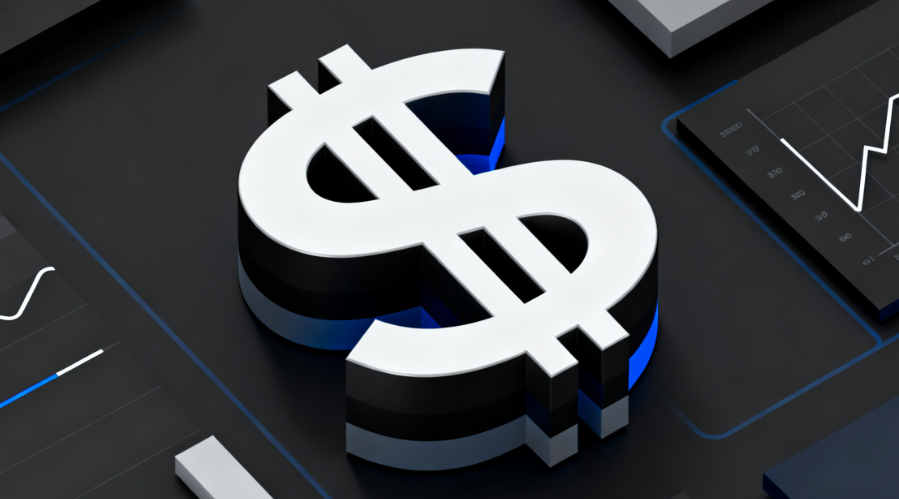
Japan's Bull Market Isn't Over Yet!
Buoyed by a stronger yen and investor optimism about the stimulative economic stance of Japanese Prime Minister Takaichi Sanae, the Nikkei 225 index has risen approximately 30% year-to-date, far surpassing the S&P 500's 14% gain. Goldman Sachs believes foreign inflows will push Japanese stocks even higher, although short-term consolidation is possible.
Goldman Sachs recently pointed out that US investors are increasing their investments in Japanese stocks to chase their stellar returns. Inflows into the technology and artificial intelligence sectors are particularly strong.
Bruce Kirk, Chief Japan Equity Strategist at Goldman Sachs, stated that the current pace of US fund inflows into the Japanese market is the fastest since the era of "Abenomics."
He also mentioned that the active participation of US investors in the Japanese stock market has climbed to its highest level since October 2022.
Goldman Sachs strategists said that the increased participation of US investors could signal a turning point, as foreign investors shift towards growth and tech stocks after years of value stocks dominating the market.
He noted that compared to the peak of the "Abenomics" era, the scale of Japanese stocks held by global investors remains low, suggesting room for further buying.
Data released by Japan Exchange Group showed that in the last two weeks of October, foreign investors made a net purchase of 384 billion yen ($2.5 billion) in Japanese spot stocks and futures.
In early Monday trading, Japanese stocks advanced. As of this writing, the index stood at 50,577 points, up 0.6%. Since hitting its low for the year in April, the Nikkei 225 index has climbed steadily over the past months, repeatedly setting new historical highs. However, this month, as concerns about an "AI bubble" intensified in the market, the Nikkei 225 index has retreated from its peaks.
















